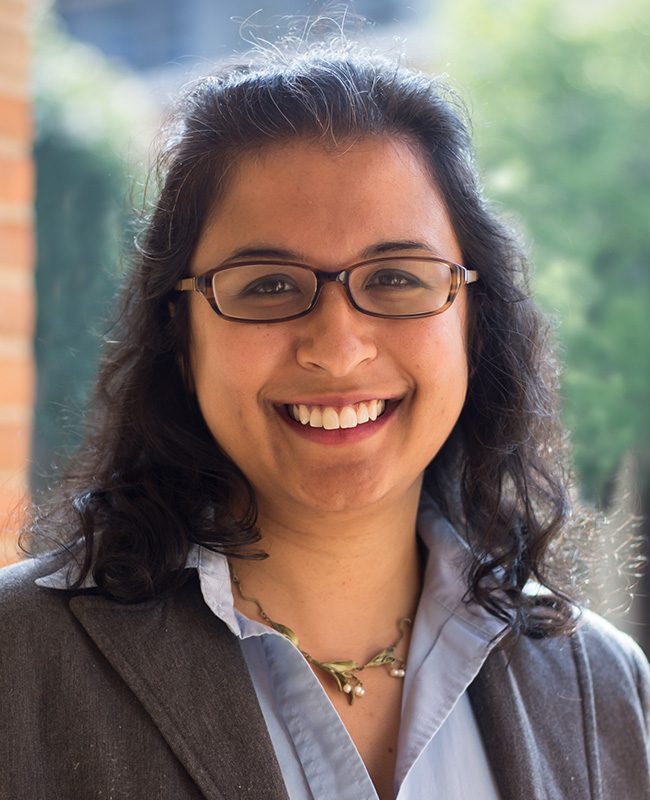Discussion Description:
 Erin Henslee, Assistant Professor at Wake Forest University
Erin Henslee, Assistant Professor at Wake Forest UniversityResearch: The electrophysiologic properties of cells, measured through lab-on-a-chip assays , can be used to delineate how these properties relate to disease, drug resistance, circadian biology and cell patterning. I strive to find ways for engineering applications to complement, improve upon, or give new insights to existing lab-based measurement tools.
Additionally I am interested in the areas of sustainable practice of lab-based research, e-sport science, PhD and early career researcher development, and public engagement with research.
Education: PhD, Biomedical Engineering (University of Surrey, UK)
Grad Cert., Learning and Teaching in Higher Education (University of Surrey, UK)
MSc, Biomedical Engineering (Virginia Tech-Wake Forest, US)
BSc, Engineering Science & Mechanics (Virginia Tech, US)
BSc, Mathematics (Virginia Tech, US)
 Raina Haque, Professor of Practice at The Wake Forest University School of Law
Raina Haque, Professor of Practice at The Wake Forest University School of LawRaina Haque, J.D. is a Professor of Practice in Technology at Wake Forest University School of Law. She specializes in computational law and emerging technologies. As the founder and lead attorney at Erdős Intellectual Property Law + Startup Legal, she offers her expertise as an intellectual property attorney and patent attorney registered with the United States Patent and Trademark Office. She’s interviewed by the Wall Street Journal, published with the Stanford Journal of Blockchain Journal of Law and Policy, and advisor to the MIT Computational Law Journal.
Before entering the legal profession, Raina worked as a fintech business analyst and software engineer at a prominent Wall Street financial firm in New York City. There, she focused on clearance, trade, and settlement, as well as global portfolio technologies. She also served as a research fellow at the National Institutes of Environmental Health Sciences, working in the Neurotoxicology and Nuclear Magnetic Resonance labs on artificial deep neural network applications.
As one of the first patent attorneys to explore the blockchain technology space, Raina has authored numerous articles providing guidance on IP-related issues. She is regularly invited to train attorneys in the blockchain field at law schools and professional lecture series in New York City and Silicon Valley. In addition, she is a significant contributor to the North Carolina Bar Association’s annual Future of the Law report on blockchain technologies and offers advice to various regulatory bodies regarding emerging technologies.
Raina’s courses encompass advances in artificial intelligence, neurotechnology, online court systems, and data analytics, and digital fabrication. As an expert in emerging technologies, she actively participates in the development of soft law that will inform future hard law. Passionate about the interdisciplinary role of the next generation of jurists in the growing field of emergent technologies and entrepreneurship, Raina is one of the few professors in the law academy with a technical background in deep neural networks and computer vision systems.